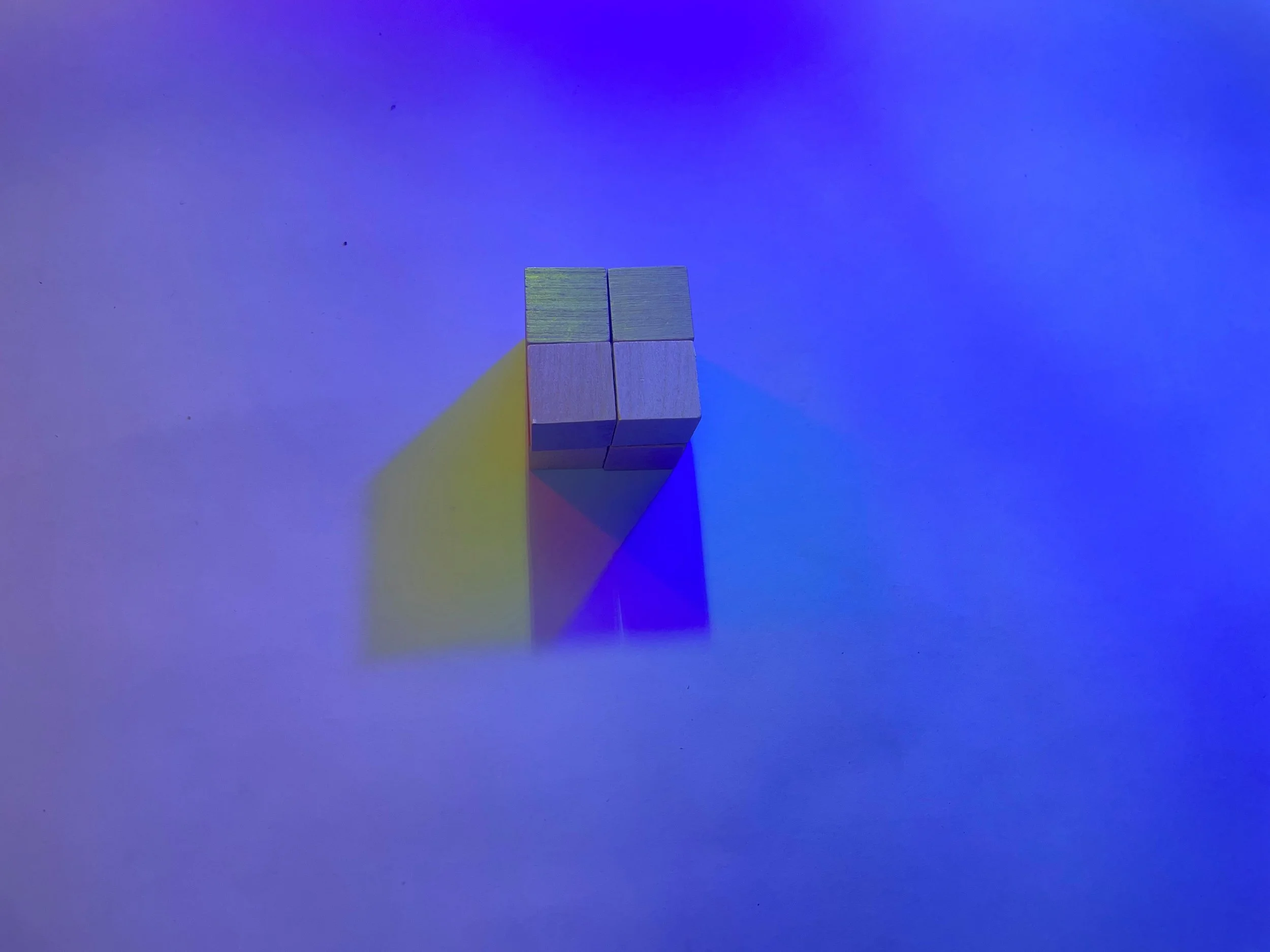Definition and motivation.
What is a long term project? What is it not?
Ideally ends in conference presentation at the high school level (delineate from science fair)
Testimonials (Ryan, Katy Meyer, Ruthanne)
Connection to standards.
Project-based learning and alignment with standards (NGSS and STEELS)
Simulates what science is and what scientists do (history, philosophy of science and nature of science)
Idealized science venn diagram
Reference convincing admin below
Examples.
Wargo has been doing these with students for two decades (pictures to prove it)
Best of the best, sixth graders, and special education
Logistics.
1-pager convincing administrators long-terms are worthwhile
Advice for integrating into AP curriculum
Does not need to be expensive, re-iterate that it differs from robotics clubs and science fairs in this way

Long-term Projects
Teachers Learned Experience
Most science teachers have learned science in a manner that is antithetical to real science. While important, content is just one aspect of science. However, textbooks are the main mechanism for student and teacher learning and their primary purpose is in delivering content. While important, the scarcity of space forces the sanitation of the process of how knowledge comes to be.
Teaching Teachers/Students
Our goal is to engage both students and teachers authentically, which is often messier, less structured, and yet more fulfilling. This idea should not be confused with discovery learning or the constructivist philosophy, but rather, giving agency to investigators while still grounding that work in critique!
Science Conferences
Science becomes becomes knowledge through the certification process of public scrutiny and verification. These social and material processes, respectively, check the work that has been done, offers mechanisms for moving forward, and generate new inquiries. Science conferences are the platforms where the goal is to inform, collaborate, and network all while appropriating celebrating hard work with an appropriately skeptical stance.
“The hardest step is the first one; once you get started, it becomes easier.”
— Advice from an older student to a younger one regarding long-term projects



